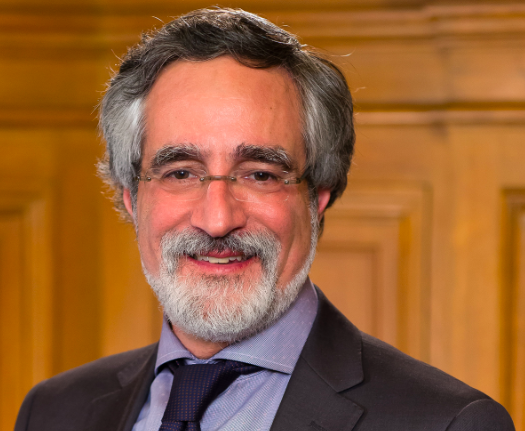Supervisor Aaron Peskin is moving to reform the way recalls happen in San Francisco—and in the process, to change the way the city fills vacancies in elected offices.
The recall reforms are pretty simple, and probably won’t get much opposition. Under the measure he introduced, nobody can file an intent to recall a politician until that person has been in office for a full year. And nobody can file a recall petition if the next election is less than a year away.
In other words: You have to give someone who is elected to office a year to do their job, and you can’t spend a lot of public money on a recall when you can run someone against them in a few months anyway.

But the second part of the measure is going to draw massive fire from the mayor and her allies. It would do something that many people think has been long overdue: Take away the ability of the mayor to fill any vacancy in an elected office in San Francisco.
I have yet to find another major political entity where the chief executive gets to appoint members of the legislature. Presidents don’t appoint members of Congress. The governor can’t appoint state legislators. Yet the mayor of San Francisco can appoint district supervisors if a job becomes vacant (as the D6 position would be if Sup. Matt Haney were elected to the state Legislature).
The Community College Board is technically a state entity; why does the mayor get to fill openings? Why does the mayor appoint members of the School Board?
There are so many other options for this. In most of the 58 counties in California, if there’s a vacancy on the Board of Supes the remaining supervisors vote to fill it. Seats in Congress and the Legislature are filled by special elections.
Mayor London Breed, of course, is against this. She will argue that she has a citywide perspective, and should be able to fill any vacant seat in any office. And, of course, if the Mayor’s Office is vacated, the supes can appoint someone to fill it. Two of the past nine mayors—Dianne Feinstein and Ed Lee—got their jobs that way.
But there’s an easy solution to that: Simply allow the supes to fill a vacancy in the Mayor’s Office temporarily, with the legal requirement that the person who fills in until the next regularly scheduled election is ineligible to run for the job.
You could even do a compromise: The mayor can fill any vacant office, but only until the next election, when the person the mayor appointed will be ineligible to run.
Breed, in an interview with The New York Times that has attracted a lot of attention, said that she would like to abolish district elections of supervisors and that she hates the obstruction of the board in the way of her wielding unlimited power.
An aside: The Times calls Breed a “liberal” mayor, which is at best debatable. In an excellent Chron column today, Justin Phillips—wow, is he a great change from Matier and Nevius!—notes that Breed “is and always has been a moderate.” Economist Paul Krugman defines the word (which is VERY different from Clinton-style “neoliberals”) this way:
I believe in a relatively equal society, supported by institutions that limit extremes of wealth and poverty. I believe in democracy, civil liberties, and the rule of law. That makes me a liberal, and I’m proud of it.
London Breed has done little to “limit the extremes of wealth and poverty” and has opposed most progressive efforts to do those things.
But back to the mayor’s power. Actually, the mayor of San Francisco has more power than most municipal executives. That’s the problem Peskin is trying to address.
One of the reasons that some of the progressive supes voted for Breed’s State of Emergency in the Tenderloin is that she promised to use it to speed up hiring for Mental Health SF, which Sups. Hillary Ronen and Matt Haney spent an immense amount of time fighting for.
But it’s not clear that, emergency or not, that’s actually happening. So Ronen, with the support of Peskin, have called a hearing at the Government Audit and Oversight Committee Thursday/20 to look at how the Department of Public Health is doing hiring people for what is a long list of vacant positions.
They want to know
The implementation of Mental Health SF, including positions funded in the Fiscal Years (FYs) 2020-2021 and 2021-2022 budgets, when the hiring process started for each position, when each position was actually filled, and how many positions continue to be vacant.
And, perhaps, what the State of Emergency is doing to address this.
The hearing starts at 10am.
The State of Emergency also highlighted how little (at least, according to some of the supes) California Pacific Medical Center has done to help out with the drug-overdose and public-health crisis in the Tenderloin.
Way back when CPMC decided to build a massive new hospital—designed as a destination medical center, to compete with the likes of Stanford—on Van Ness Avenue, a community coalition came together to demand that the giant organization agree to a community-benefits plan.
That involved payments for affordable housing, Muni … and free health care for people in the Tenderloin.
The Planning Commission and the Health Commission will hold a joint public hearing Thursday/20 to review the past two years’ worth of CMPC compliance statements.
Among the possible questions: What about the OD crisis? What role should CPMC play in COVID testing and vaccinations in the Tenderloin?
That hearing starts at 10am.





